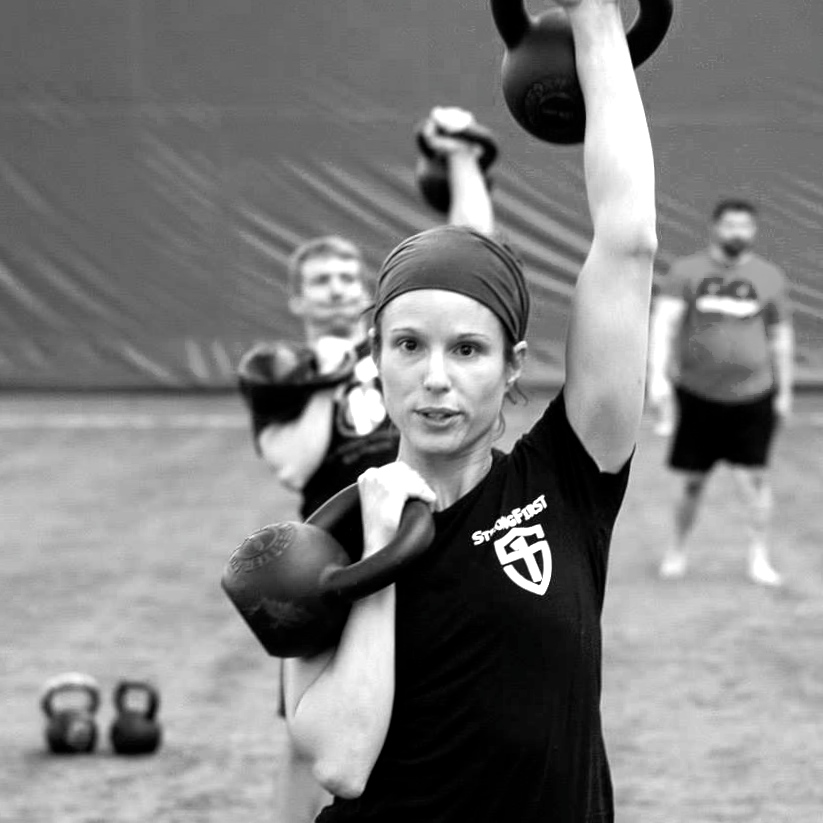Tim Randolph
Level 7 Valued Member
Not that this will be news for folks on this forum, but exercise is a great thing you can do boost your capacity to deal with a serious illness:
Pavel in both his program design and insights is well aware of the cost of doing too much:
 Personally, I am going to keep my S&S program steady, but not push the rucking past comfortable hikes. And I will work harder on getting plenty of sleep and keeping my mood up.
Personally, I am going to keep my S&S program steady, but not push the rucking past comfortable hikes. And I will work harder on getting plenty of sleep and keeping my mood up.
But be careful not to get to the point where you are overdoing it:“Our data show that physically active people have a 40-50% reduction in the number of days they’re ill with acute respiratory infections,” says David Nieman, director of the Appalachian State University Human Performance Lab.
Both quotes from This Is the Exercise Your Body Needs During the Coronavirus OutbreakWhen there’s a novel virus like Covid-19 and no vaccine or cure available, athletes—yes, athletes—tend to be in the vulnerable category as well, Nieman says. If you’ve been marathon training or preparing for a century bike tour or pushing yourself really hard, doing long training sessions of two or three hours, “you are in the group of immunocompromised individuals,” he says.
Pavel in both his program design and insights is well aware of the cost of doing too much:
In summary, to maximize your potential productivity you need to, in addition to training right, do whatever it takes to become happy and healthy.

What is "Work Capacity"? [Part II] | StrongFirst
The original Russian term "rabotosposobnost" literally translates into “work ability.” A better translation would be “potential productivity.”
www.strongfirst.com
